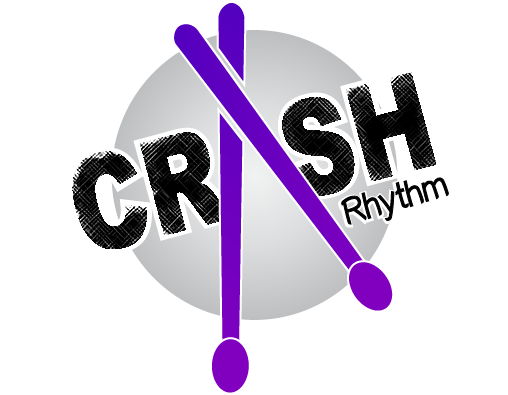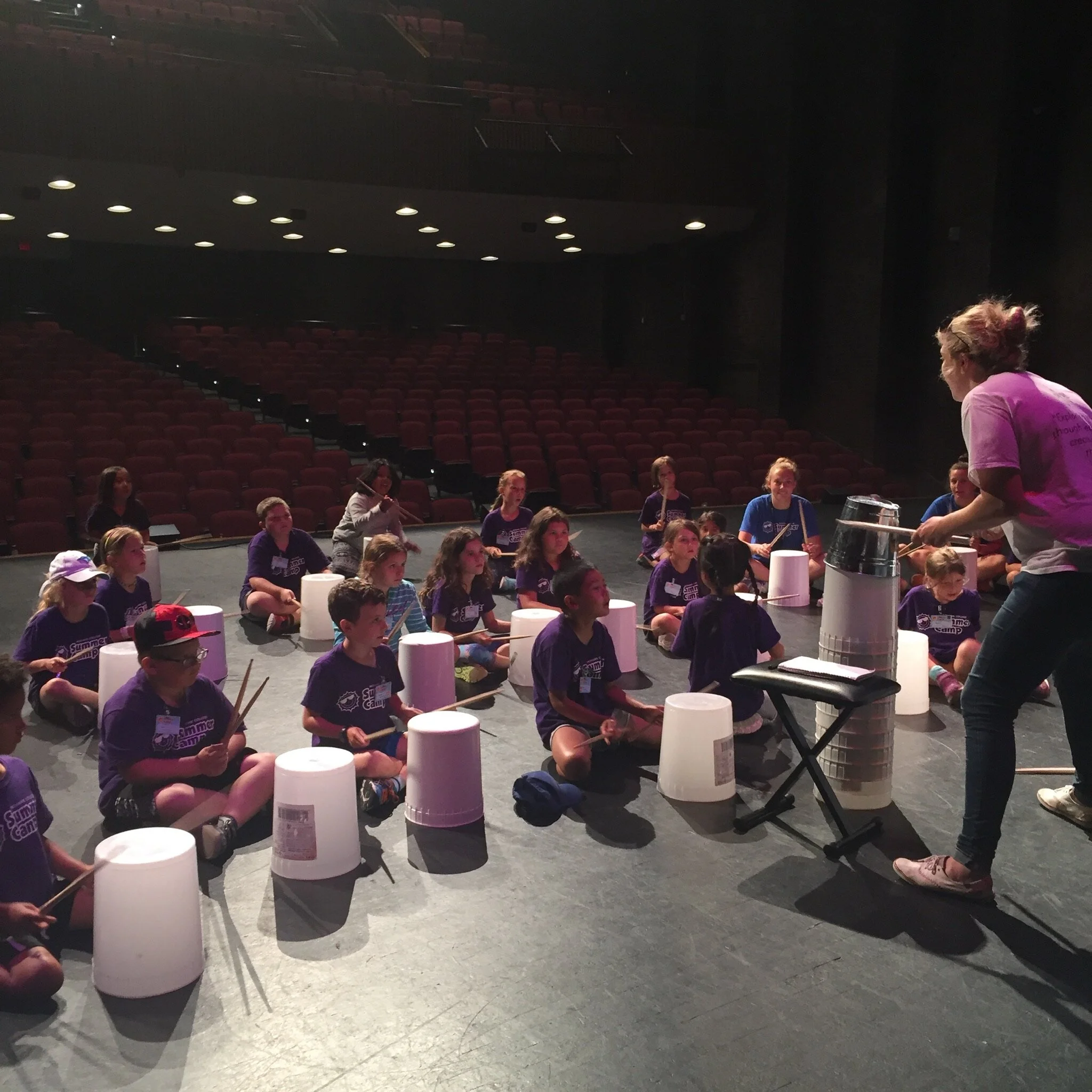This past Friday I posted a Fun Fact Friday with my roommate James. James is a piano tech, which means he fixes and tunes pianos. James and his girlfriend moved in a month ago and there were a lot of things I was looking forward to. Having some company, people who enjoy watching Star Trek and British Comedies, some help around the house etc. However something that didn’t cross my mind was that James is a pianist, which means I get to make live music with someone (an adult) for the first time in a year! Man did it feel good. It was something I knew I missed, but I didn’t realize I missed it that much. I should clarify that I mean jamming on a drum kit. I have played with the Junk line this year and I dont want the Junk Line guys thinking they arent musicians or adults. Because they definetly act like at least one of those things at a time!
Making music with someone is like having a conversation that you dont know where its going to go until you are there. It is such a great form of expression and something that is very therapeutic. Jamming exercises your brain and teaches makes you a better musician. Above all, jamming is fun. It has me longing to come out on the other side of this pandemic so I can make more and listen to more live music. Until then, James and the Junk Line will get me through!
Hilary





